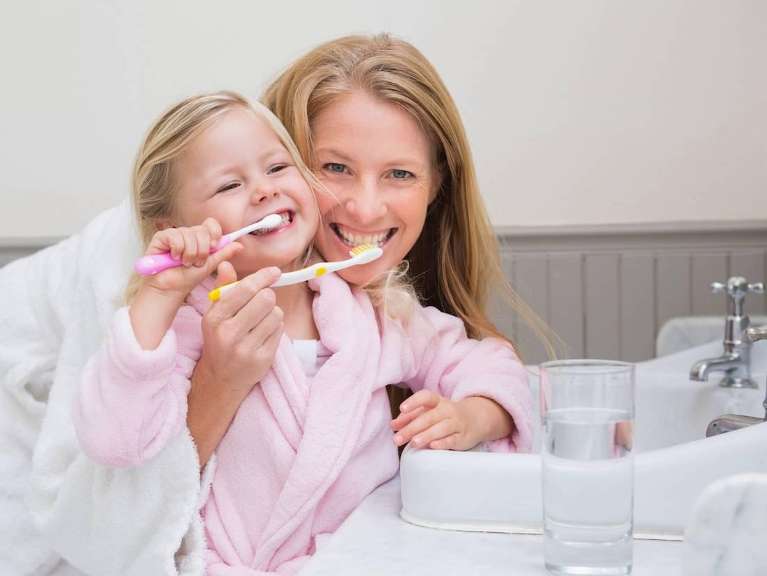
When parents are told that their child has a cavity in a baby (primary) tooth, they may question whether or not it is worth the time to have it treated.
The answer is a resounding YES !
Ways To Protect Your Children's Teeth
Baby teeth are just as important as adult teeth and help your child to chew and speak. If a baby tooth is pulled prematurely, it can create a bite collapse, necessitating orthodontics in the future. Nearby teeth can shift into the open space, and when the adult tooth is ready to erupt, there may not be enough room. Missing teeth can also cause your child to have a speech impediment.
Of greater importance, however, is the recognition that a cavity is an active infection which can spread to the bloodstream and cause serious complications. If your child is not able to tell you that a particular tooth is causing pain, you may notice other symptoms such as loss of appetite, excessive drooling, sleeplessness, or small pimples on the surrounding gums.
In the meantime, you can protect your child's teeth in many ways. 1.) Never let your baby or toddler fall asleep with a bottle of milk or other liquids; 2.) Never dip a pacifier in honey or sugar; 3.) Do not put the pacifier in your mouth to clean it, as you can pass along decay-causing bacteria to your baby; 4.) Do not allow your child to frequently sip sugary liquids from bottles or training cups.
Contact Your Top Dentist in Wilmington, DE To Learn More
Keep in mind that the American Dental Association recommends that you brush your child's teeth until he/she is at least six years old. Certainly encourage your children to brush first, but follow up with a thorough brushing to make sure that the job is complete!



